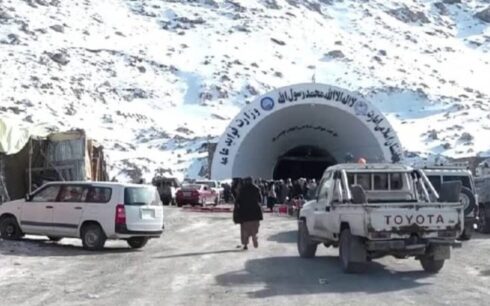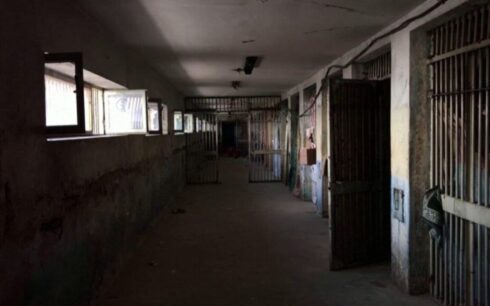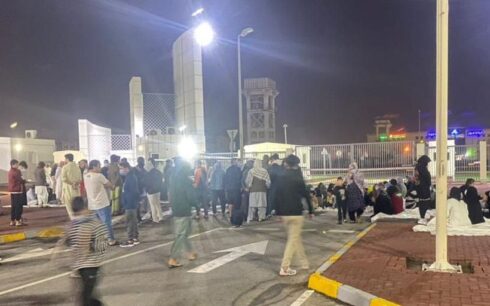Nearly two months after Abdul Kabir was removed as the Taliban’s deputy chief minister for political affairs and reassigned as minister for refugees and repatriation, no replacement has been appointed, raising speculation about growing internal divisions within the Taliban.
Kabir continues to conduct ministry affairs from the Sapidar Palace, which previously housed his office as political deputy—a sign that his former role remains vacant.
A Taliban insider, speaking to Amu TV on condition of anonymity, said that deepening tensions between the Kandahari faction and the Haqqani network have prevented a consensus on naming a successor.
“The political deputy position remains unfilled due to the ongoing power struggle between Kandahari Taliban and the Haqqani network,” the source said.
Some analysts believe the position may even be eliminated altogether.
“The delay is a direct result of Taliban factional disputes,” said Najib Rahman Shamal, a political analyst. “There are unconfirmed reports that the post itself could be scrapped altogether.”
Taliban have declined to comment on when a new deputy might be appointed.
Reports of internal discord at the highest levels of Taliban leadership have intensified in recent weeks. The tensions became public when Sher Mohammad Abbas Stanikzai, the Taliban’s deputy foreign minister, openly criticized Supreme Leader Hibatullah Akhundzada before fleeing to the United Arab Emirates.
“The divisions are real, and they are growing,” political analyst Aziz Muarij said. “Even Abdul Ghani Baradar has left. There are tensions within the presidential palace and the cabinet. If not addressed, such divisions have historically led to governments collapsing.”
In response to rising internal tensions, Akhundzada has reportedly deployed his elite forces at Kabul’s airport and other key locations in the capital, according to sources.
In a rare public rebuke, Amir Khan Muttaqi, the Taliban’s foreign minister, recently criticized Akhundzada’s policies, saying that no one should feel forced to flee Afghanistan—an implicit reference to senior officials leaving the country.
For the past three years, Akhundzada has ruled with an iron fist from Kandahar, suppressing internal dissent. But with Taliban factions now openly at odds, some analysts wonder if the group’s once carefully concealed power struggles are finally coming to the surface.





